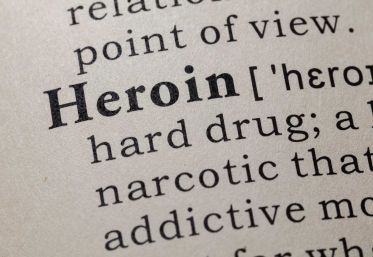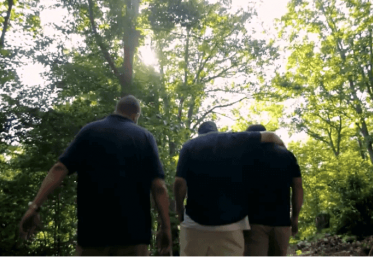News Archive
News
Latest News & Blogs.
19 Apr, 2024
Alcohol Withdrawal Symptoms
Alcohol withdrawal symptoms occur when individuals who have been consuming large amounts of alcoh…
5 Apr, 2024
The Relationship Between Shame, Addiction, and …
Shame, addiction, and spirituality are interconnected aspects of the human experience that often …
19 Jan, 2024
Heroin Abuse, Withdrawal, and Detox
Heroin abuse can quickly take hold of an individual’s life, leading to severe physical, psy…
5 Jan, 2024
Faith-Based Rehab Benefits
The benefits of faith-based rehab go beyond medical interventions by promoting personal growth th…
26 Sep, 2023
The Impact of Community and Fellowship on Addic…
It is hard to overstate how tough recovery from alcohol or drug addiction can be. Addicts are not…
26 Sep, 2023
The Role of Prayer and Meditation Recovery Process
Embarking on the journey toward recovery from addiction is challenging for addicts as well as the…
26 Sep, 2023
What the Bible says about Alcohol Abuse
Struggling with alcohol and drug addiction can make addicts, their families, and friends feel hel…
26 Sep, 2023
How to Host a Faith-Based Intervention
Watching a family member or a loved one struggle with addiction can be tough. For many people, it…
26 Sep, 2023
Signs of Drug Use
Drug abuse may start slowly, but it is hard to conceal from family members and friends for long. …
- 1
- 2
Have Questions?
Ask Our Expert Lorem Ipsum
Lorem ipsum dolor sit amet, consectetur adipiscing elit, sed do eiusmod tempor incididunt ut labore et dolore magna aliqua.









